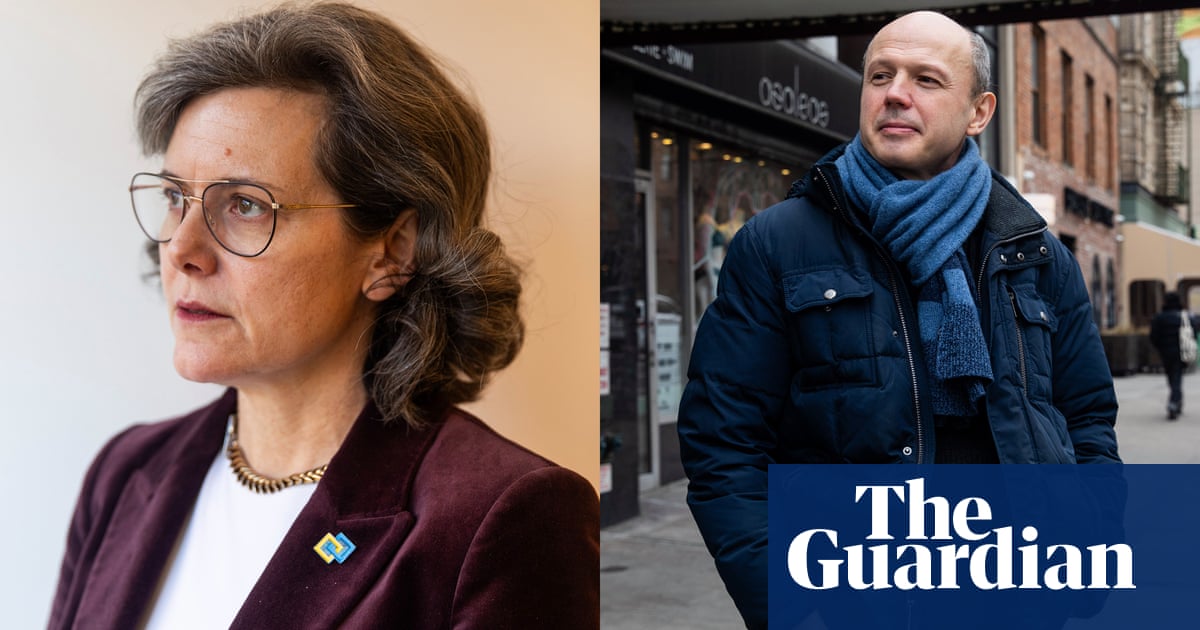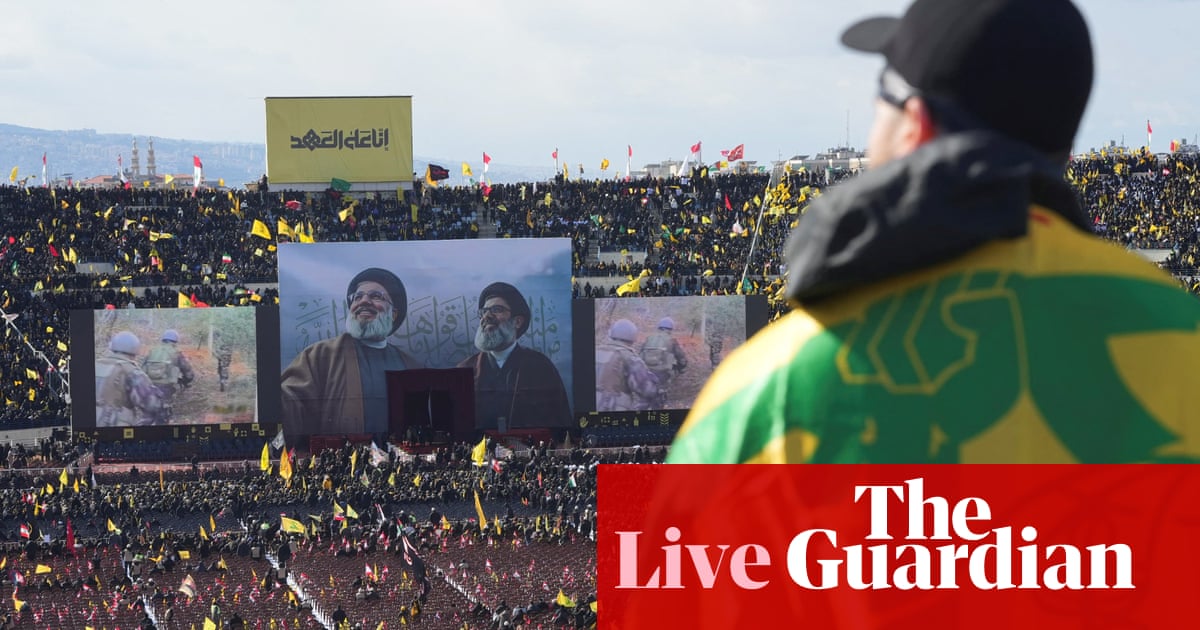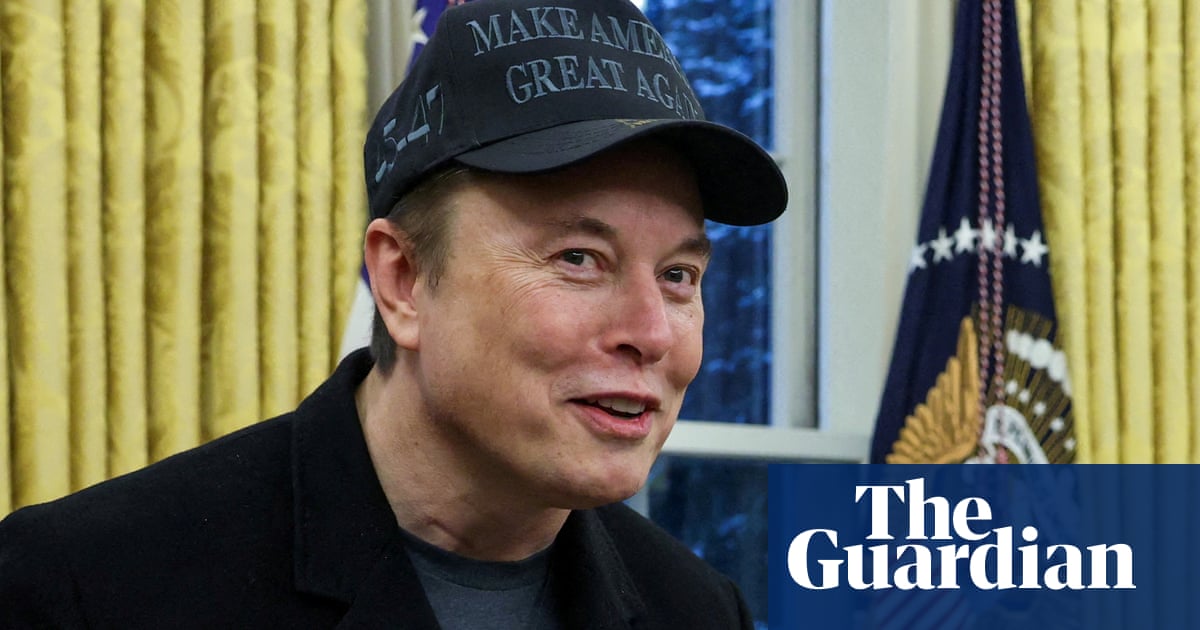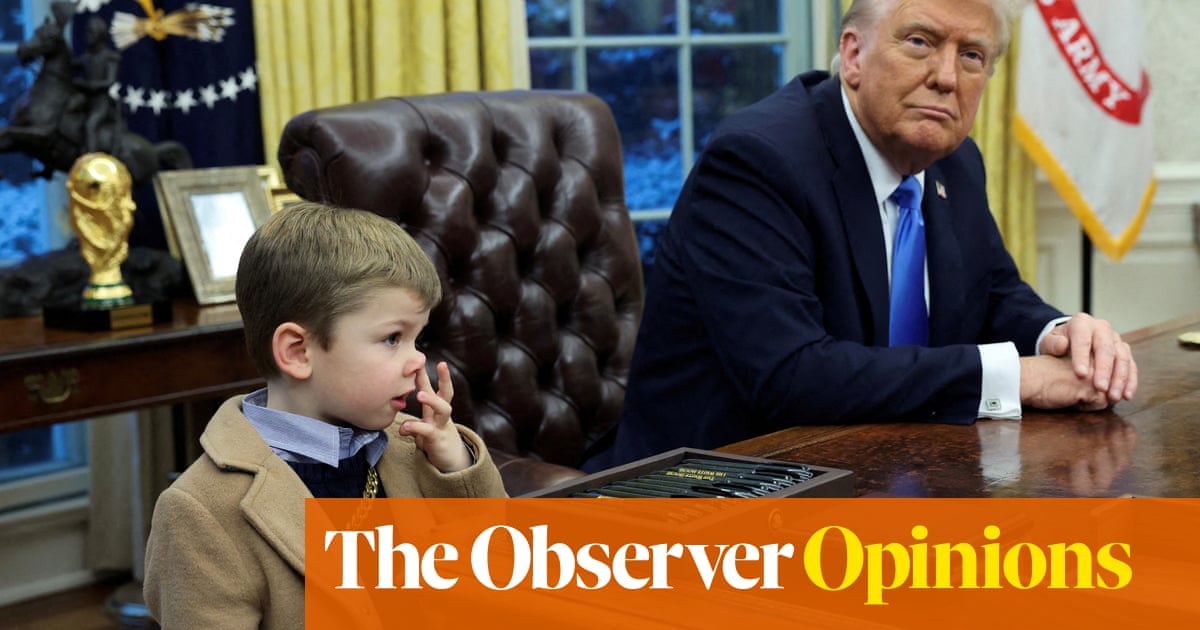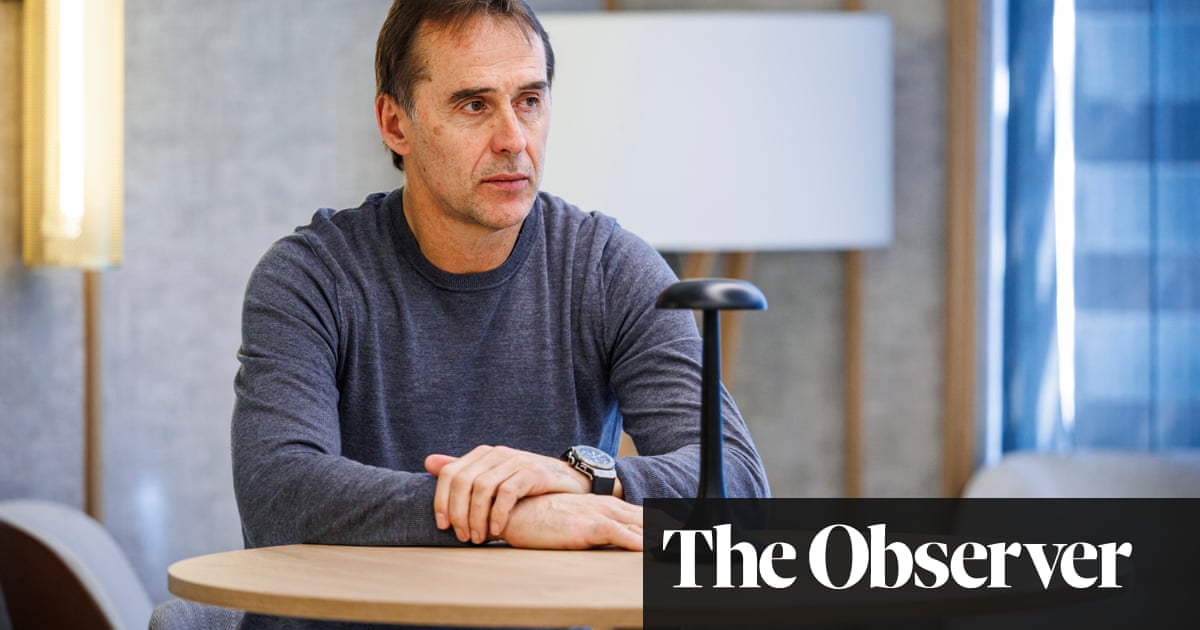Families of prominent British prisoners detained abroad have urged the foreign secretary to deliver on pledges to help secure their release amid signs of growing resistance from diplomats.
David Lammy, the foreign secretary, vowed in opposition to appoint a special envoy to help secure the freedom of those detained for years without a fair trial. Giving British citizens a legal right to consular access when they run into trouble overseas was also a Labour manifesto pledge.
But there are fears that pushback against the envoy plan in particular is being mounted by senior UK diplomats who fear it would cut across relationships with other countries and affect trade deals, the Guardian has been told.
Richard Ratcliffe, the husband of Nazanin Zaghari-Ratcliffe, who was detained in Iran for six years, said: “My personal worry is that Lammy will miss the opportunity to change this and the special envoy will be stalled by civil servants until he leaves office.
“I saw it happen too often with previous foreign secretaries. Helpful initiatives get delayed. Ending individual injustices get deflected. There is little action, lots of ‘yes, minister’.”
Lammy’s office said he had not shelved the plans, with meetings under way inside the department on the practical details of the envoy and right to consular assistance.
But Alicia Kearns, the former chair of the foreign affairs select committee, who has set up an all-party parliamentary group on the issue, said she had never seen such resistance to a proposal from within the department.
“I have never come across an issue or part of the Foreign Office that is more belligerent or unwilling to be reformed,” she said. “The Foreign Office is always defensive, but I have never seen a level of defensiveness as I have on this issue.”
The idea of a dedicated UK envoy – loosely modelled on the US role of presidential envoy for hostage affairs – was put forward by a Conservative-led foreign affairs select committee in 2022 but was formally rejected by the Foreign Office in June last year.
Sources said there was institutional opposition to the proposal as ambassadors and officials believe they hold the necessary geopolitical expertise to secure releases, and a special envoy may undermine or contradict bilateral relationships.
The Foreign Office does not disclose how many cases of arbitrarily detained Britons there are believed to be.
As well as calling for an envoy, relatives of some of those imprisoned abroad have told the Guardian of the hurdles they have faced in getting help for their loved ones.
Some described dealing with a churn of foreign secretaries and ministers, each with a different view on how their case should be handled. Families said they were left feeling unsupported and isolated.
Similar complaints have been voiced by citizens of other European countries, underlining how often the interests of a family and a state conflict.
Mona Seif, the sister of Alaa Abd el-Fattah, a human rights activist who is serving a five-year sentence in an Egyptian jail and has been denied British consular access, urged Lammy to act.
“There is something about how the Foreign Office system works right now that makes every family with a loved one detained abroad [forced] to figure everything out from scratch and in isolation,” she said.
Matthew Hedges, who was held in solitary confinement for nine months by the United Arab Emirates (UAE), also backed the idea of a special envoy, saying: “It would certainly help to raise the profile of cases and give energy since at present it is solely up to the families to push the government into action.
“A special envoy could harness resources and also give families someone far easier to access than, say, officials. They would have a degree of freedom and expertise to produce results.”
He said it was crucial to establish “who defines the threshold of someone being arbitrarily detained”, adding: “Otherwise there is a risk it is only used in cases such as Iran and China, but not allies like the UAE. Nor should the envoy mean the right to consular access is a discretionary service.”
Gurpreet Singh Johal, whose brother Jagtar is a Sikh activist held in jail for seven years in India without trial, said: “If you have someone that’s specifically looking at the individual detainees as their main area of responsibility, that is a lot more helpful than having civil servants saying: ‘You can’t rock the boat because next week we want to sign a trade deal.’”
Chris Pagett, the brother-in-law of Ryan Cornelius, a property developer arrested in Dubai 16 years ago and since sentenced to 10 and then 20 years in jail, said: “We would emphatically support [the] call for creation of the special envoy post.”
Sebastien Lai, whose father, the 76-year-old businessman Jimmy Lai, is standing trial after being held in solitary confinement in a Hong Kong jail since 2020, said: “An envoy will give institutional memory to these cases that sometimes last longer than one administration. It also shows that we as a country are taking the freedom of our citizens unjustly incarcerated abroad seriously.”
Jimmy’s Lai lawyer, Caoilfhionn Gallagher KC, told MPs this month that the Foreign Office was “too slow out of the block” in such cases, in “stark contrast” to the handling of cases by the US and EU. James Cunningham, a former US diplomat, urged Britain to seriously consider appointing a special envoy.
Satar Rahmani, who has campaigned for the release of Mehran Raoof, a dual national in prison in Iran since 2020 facing national security-related charges, said he backed the envoy role but asked: “The point is, is this going to happen? Or will the British government involve families and friends? I’m really disappointed with the foreign policy that they have. Their business is their priority compared to the citizens. Labour is in the same category.”
A Foreign Office spokesperson said: “The government is committed to strengthening support for British nationals, including a right to consular assistance and the appointment of a new envoy.”

 2 months ago
49
2 months ago
49




